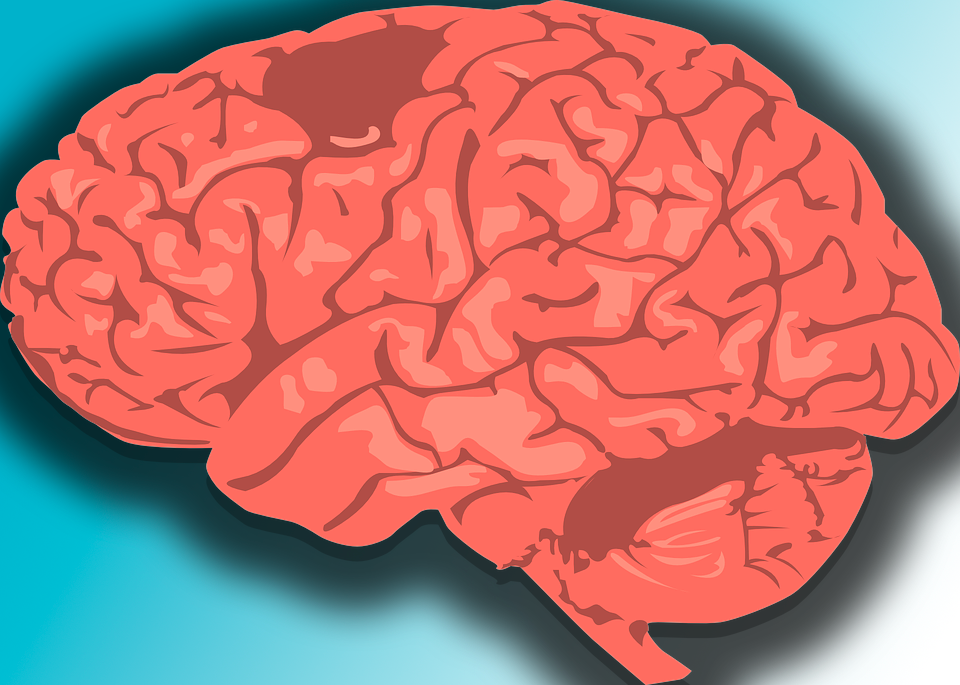Dementia is a medical term that is used to describe a host of symptoms, characterized by a deterioration in a patient’s cognitive abilities. The degeneration of brain cells causes neurons to stop functioning, leading to a series of dysfunctions.
A person may have dementia if at least two of his mental faculties are affected: the loss of memory and focus; difficulty communicating; short or interrupted attention spans; impaired judgment; or an inability to perform everyday tasks.
Frank Lin, M.D., Ph.D., an associate professor of otolaryngology and epidemiology at Johns Hopkins University, conducted a study in 2011 in which the mental abilities of 639 cognitively stable individuals were supervised regularly for 12 to 18 years. The results indicated that volunteers with normal hearing were much less susceptible to acquiring dementia while those with mild, moderate, and severe hearing loss were two, three, and five times more susceptible to the disorder, respectively.
Another study conducted by Lin in 2013 involved observing the cognitive abilities of 1,984 older adults over six years. The research concluded that older adults with hearing loss tended to experience 30 to 40 percent accelerated cognitive dysfunction and were at a higher risk of developing dementia.
What Is the Cause?
Since the exact link between hearing loss and dementia is still a mystery, there are theories about how the former may aggravate the latter.
One of the theories suggests that if the brain struggles to cope with degraded sounds, its resources are allocated to processing these sounds and this “cognitive load” causes a decrease in overall cognitive functioning. Moreover, hearing loss accelerates atrophy in the cerebrum which is not exclusive to processing sound as it also plays a role in memory. In addition, it is speculated that social isolation that results from hearing loss causes stress and depression and exacerbates cognitive deterioration.
What Is the Solution?
Not many studies have been conducted to check the influence of treating hearing loss for treating dementia. However, the studies that have been conducted so far do provide considerable hope.
One way to improve profound hearing loss is receiving cochlear implants. French researcher Isabelle Mosnier, M.D., of the Assistance Publique-Hôpitaux de Paris, evaluated the effect of cochlear implants on cognitive functioning in 94 elderly people who had profound deafness (in at least one ear).
Mosnier found that hearing rehabilitation improved not only cognitive functioning of the elderly, but their speech perception as well.
The most direct link between auditory impairment and memory loss is the brain. Thus, any stimulus that helps the brain remain alert will keep the person active too. Hence, researchers are considering the use of music therapy to restore cognitive functions in people who suffer from memory loss.
Concetta Tomaino, a cofounder of the Institute for Music and Neurological Function, found that music stimulates parts of the brain made inactive by dementia. In a pilot study, music therapy sessions were conducted with 45 individuals with chronic dementia and the results showed that neurological and cognitive abilities improved significantly for those in the music group.
This research shows there are techniques that can aid individuals with dementia and hearing loss. If you or a loved one has hearing problems, please see a hearing health professional to get a hearing test in order to potentially prevent future cognitive issues.
Alycia Gordan writes for Brain Blog.













